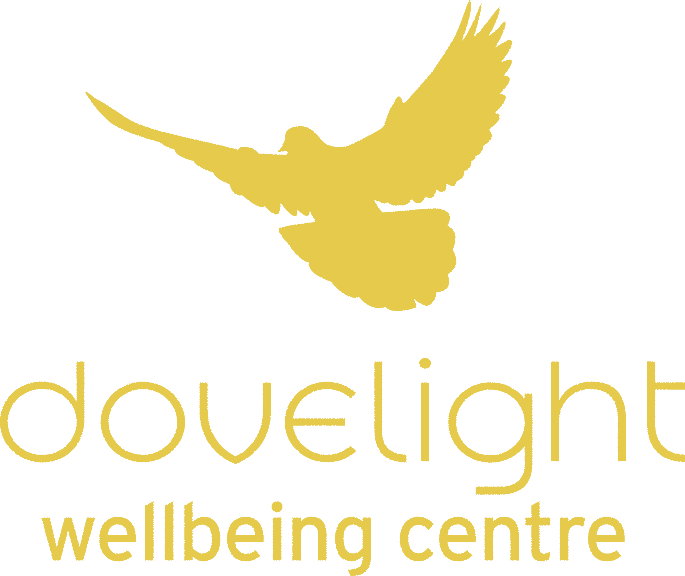Learning to Live with Loss
Life throws many unexpected and unwelcome events in our wake and over the course of a lifetime, each and every one of us will experience loss at some point. Despite the universality of loss, when faced with such a crisis, we can often feel acutely alone. When I say loss, I am referring to bereavement as a result of a death and also to a range of life events: loss through a relationship break up, loss of health, loss as a result of ageing, retirement, redundancy, disability. There are many, many forms of loss and although each is quite different in nature, there are many similarities in how loss impacts upon us and in the methods we can draw upon to support us through such times.
Loss involves change – a change which is forced upon us rather than having been invited into our lives.
Experiencing loss brings with it the harsh realisation that the control we have over our lives is limited Things happen which are painful and difficult. Our plans, hopes and dreams can be ripped apart by a significant loss. A rupture of this form can lead to us feeling disorientated, chaotic, angry and bewildered. We may feel let down by the type of response or indeed lack of response by those we thought were close to us. We may also be strengthened, surprised and comforted by the kindness and presence of others who we know less well.
The Stages of Grief
Reacting to loss, in whatever form, involves grieving. Grieving is a process, it involves ‘work’. Acknowledging this and consciously attending to our loss is the first step in dealing with the pain.
The stages of grief, e.g denial, anger, despair, acceptance, offer us a framework to follow and a language which can help provide an understanding of what we are going through. The concept of stages, can offer the promise of movement; that at some point things will become easier. However, such a model may not match our individual experience which may feel more like a roller coaster rather than a ladder of ascendancy, heading upwards towards resolution.
Suggestions to Deal with Loss
Talk to people around you
Not everyone needs professional help when working through loss; grieving is a natural response to a life event and our own resilience and the support of those around us can often provide the necessary help. This might involve talking and talking and talking some more. Repeating the story of our loss is essential for healing.
Align your energy with your emotions
We might need to cry but grieving involves much more than crying. We sometimes need to rage against what has befallen us. Grief is powerfully physical; at times requiring us to expend energy by whatever means, be that walking, swimming, punching a pillow. At other times we might need to hide away, to sleep, to rest.
Self-Care and creating a routine
Above all, we need to take care of ourselves and let others care for us, if that feels right. Create a routine, have a shower, get dressed, eat something healthy, try and avoid the wrong food, or using drugs or alcohol. Breathe – deeply and with attention. Learn to listen to yourself.
Reading
Reading can be a very supportive tool when we are dealing with loss. There are many great books on the subject but one that is particularly helpful is “This Too Shall Pass: Stories of Change, Crisis and Hopeful Beginnings” by Julia Samuel.
What if I can’t do it by myself?
For most people, the pain of loss will reduce, over time and the gap of what or who is gone will be accommodated into a different way of being.
For others, who have become stuck in their grieving, whose loss is complex or who have experienced a traumatic form of loss, professional help may necessary. A listening and attentive therapist can hear and manage the pain which others in our lives are unable to bear. A loss which is not recognised or understood by others can be taken to a therapist who will neither judge nor discredit. Being with a therapist provides the opportunity to express the full, raw, unadulterated distress without needing to edit nor soften. Regular visits to a therapist can provide a helpful container for our grief, freeing us, at some level, in keeping the show, that is our life, on the road.
Working with a professional can assist us in re-establishing balance in our life and reconnecting with our resilience and strength.
Ruth is a qualified Psychodynamic counsellor at dovelight. She was a Social Worker for many years before training as a Psychodynamic counsellor in 1997 and then going on to teach Social Work at the University of Edinburgh. She enjoys gardening, reading, yoga, walking in the countryside and spending time with friends and family.

